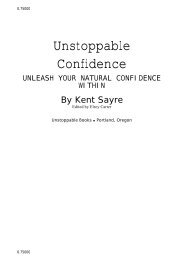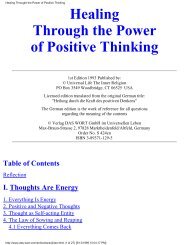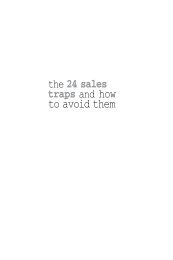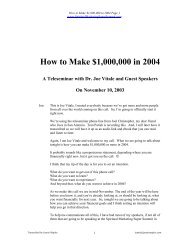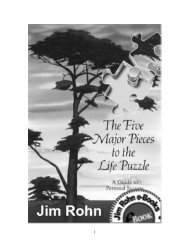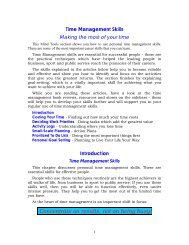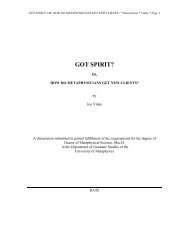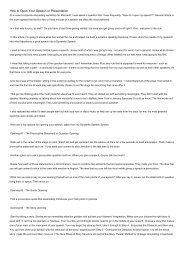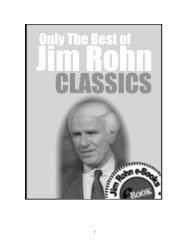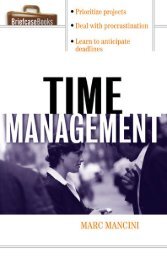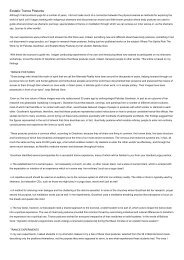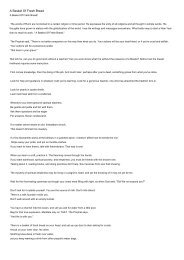Executive Coaching - A Guide For The HR Professional.pdf
Executive Coaching - A Guide For The HR Professional.pdf
Executive Coaching - A Guide For The HR Professional.pdf
Create successful ePaper yourself
Turn your PDF publications into a flip-book with our unique Google optimized e-Paper software.
What Is the Role of the <strong>HR</strong> <strong>Professional</strong>? 69<br />
.............................................<br />
causing concern. Other assignments are entirely focused on<br />
helping bring out the potential in talented people. We also<br />
know that coaching can be more successful in some cases<br />
than in others. Your task is to know what the buzz is regarding<br />
this service and, if possible, do something to move it in the<br />
right direction. What can you do to help the organization<br />
realize the value of coaching as a methodology?<br />
6. Support the executive as being the client. <strong>Coaching</strong> involves<br />
multiple stakeholders, including yourself, each having a claim<br />
to the title of “client.” You can provide a service to everyone<br />
if you can make it clear that the individual executive is the<br />
primary client. We believe that coaching flows most naturally<br />
and most effectively when the individual executive is viewed<br />
as the client. We recognize, however, that other legitimate<br />
stakeholders are the organization, the boss, and you, the <strong>HR</strong><br />
professional. How can you help the other stakeholders understand<br />
that the executive is the primary client?<br />
7. Provide an orientation to the organization for the coach. In<br />
order for a coach to help the client set appropriate goals, it is<br />
important that the coach understand the structure of the<br />
organization and the strategic plans that guide the client’s<br />
performance. If the coach can have the benefit of obtaining<br />
information from an insider’s perspective, there is a greater<br />
likelihood that the coaching will be effective because the<br />
coach will have a context for assigning importance to some<br />
behaviors and not others. At a very basic level, the coach<br />
is better equipped to guide the client toward behaviors that<br />
will be in greater alignment with the organization’s goals and<br />
strategies. How can you help the coach understand the organization’s<br />
strategic business plans and the role that the client<br />
plays in those plans? What are the key informal relationships<br />
about which the coach needs to know in order for the coaching<br />
to be effective?



